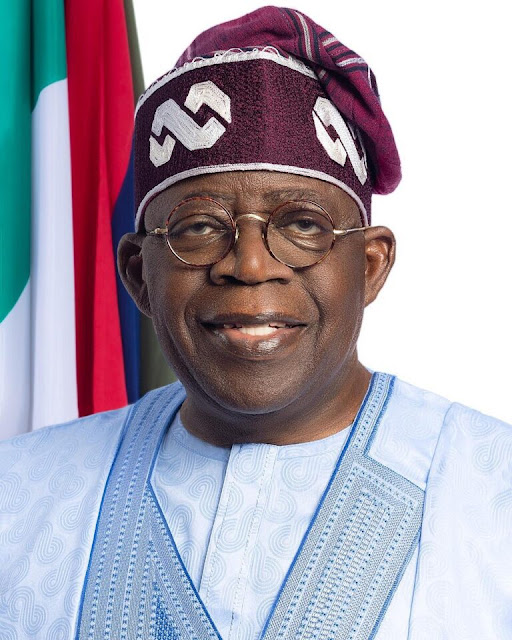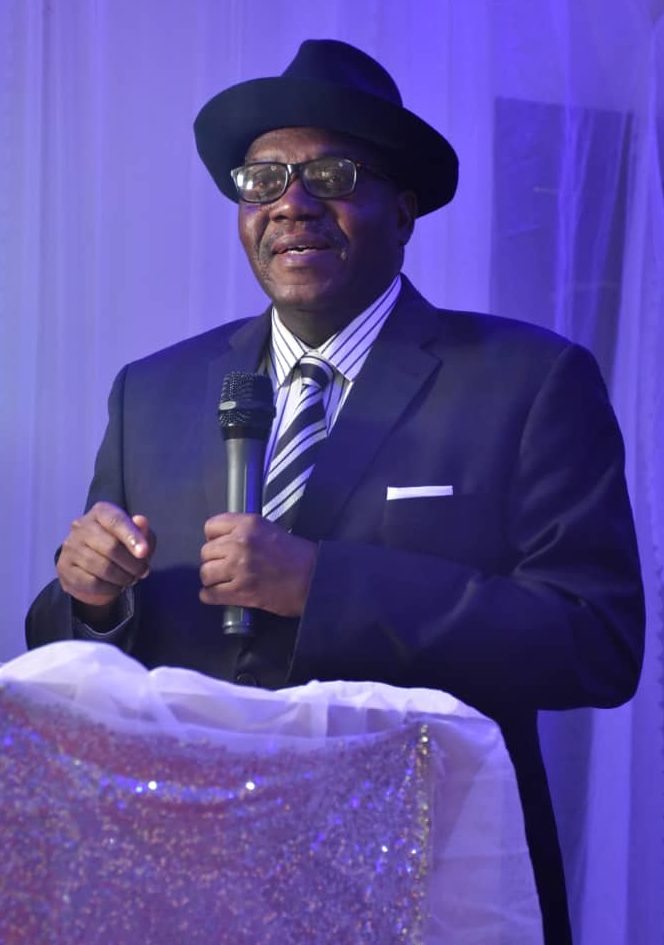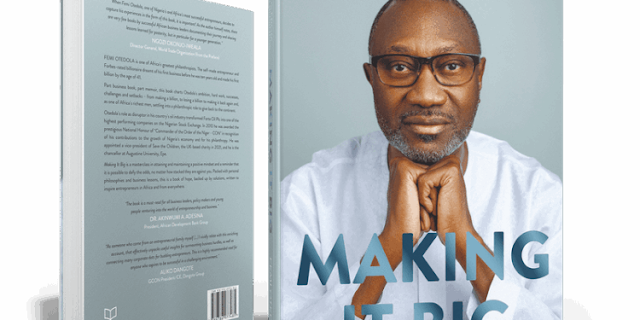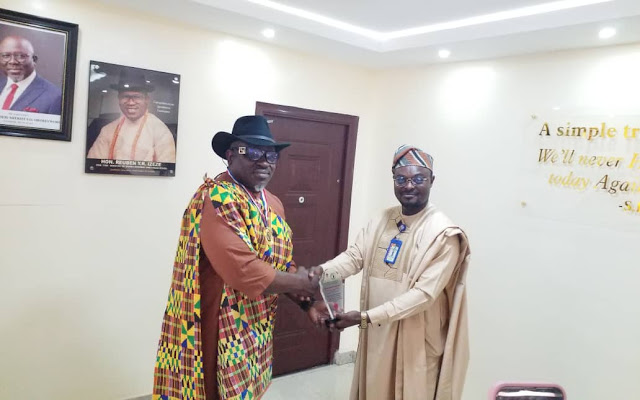Nigeria, Africa’s most populous nation and a country endowed with vast natural resources, has long grappled with the paradox of immense potential juxtaposed against persistent socio-economic challenges. Since assuming office on May 29, 2023, President Bola Ahmed Tinubu, often referred to as PBAT, has embarked on an ambitious journey to transform Nigeria’s fragile socio-political and economic landscape into one built on sustainable foundations. His administration’s political economy—characterized by bold reforms, strategic governance, and a focus on long-term stability—has sparked both optimism and skepticism among Nigerians and international observers alike. This article delves into the intricacies of PBAT’s political economy, examining the policies, challenges, and aspirations that define his leadership in navigating Nigeria through its complex realities.
The Context of Fragility: Nigeria’s Pre-Tinubu Challenges
To understand the scope of Tinubu’s reforms, it is essential to first grasp the fragile state of Nigeria’s political and economic landscape before his presidency. Nigeria has historically been plagued by systemic issues: widespread corruption, economic mismanagement, insecurity, and infrastructural decay. The country’s over-reliance on oil revenues, coupled with fluctuating global oil prices, has left its economy vulnerable to external shocks. Additionally, socio-political tensions, fueled by ethnic and religious divisions, have often undermined national unity.
Under the administration of former President Muhammadu Buhari (2015–2023), Nigeria faced significant challenges. While Buhari’s government made strides in areas such as infrastructure development and anti-corruption efforts, it struggled with economic stagnation, rising unemployment, and escalating insecurity. By 2023, Nigeria’s inflation rate had soared to double digits, with food inflation particularly crippling for millions of households. The naira’s value plummeted against major currencies, and foreign exchange shortages stifled businesses. Meanwhile, banditry, terrorism, and separatist agitations in regions like the Northeast, Northwest, and Southeast posed existential threats to national cohesion.
It was against this backdrop of fragility that Tinubu assumed the presidency, inheriting a nation at a crossroads. His campaign, anchored on the slogan “Renewed Hope,” promised to address these challenges through transformative policies and inclusive governance. Tinubu’s political economy, therefore, is not merely a set of economic policies but a broader framework encompassing governance, social cohesion, and institutional reform aimed at laying a foundation for sustainable development.
The Pillars of Tinubu’s Political Economy
Tinubu’s political economy rests on several key pillars: economic liberalization, fiscal discipline, infrastructural development, social inclusion, and security enhancement. Each pillar is designed to address specific aspects of Nigeria’s fragility while fostering resilience and long-term growth. Below, we explore these pillars in detail, analyzing their implementation, impact, and challenges.
1. Economic Liberalization: Fuel Subsidy Removal and Currency Reforms
One of the most defining moments of Tinubu’s presidency came just hours after his inauguration when he announced the removal of the fuel subsidy, a decades-old policy that had drained Nigeria’s fiscal resources. The subsidy, while intended to keep fuel prices affordable, had become a conduit for corruption, with billions of dollars siphoned off through fraudulent claims. The decision to eliminate it was a bold move, signaling Tinubu’s commitment to economic liberalization and fiscal responsibility.
The immediate aftermath of the subsidy removal was tumultuous. Fuel prices surged, triggering a spike in transportation and food costs. Nigerians, already burdened by economic hardship, expressed frustration through protests and public discourse. However, Tinubu defended the policy, arguing that the subsidy was unsustainable and disproportionately benefited the wealthy and corrupt elites. He emphasized that the savings from the subsidy removal—estimated at trillions of naira annually—would be redirected to critical sectors such as healthcare, education, and infrastructure.
To cushion the impact of the subsidy removal, the Tinubu administration rolled out palliative measures, including cash transfers, subsidized transport systems, and agricultural support programs. While these interventions have provided some relief, their implementation has faced logistical challenges, with critics arguing that the benefits have not reached the most vulnerable populations effectively.
Parallel to the subsidy removal, Tinubu’s government initiated reforms in the foreign exchange market, allowing the naira to float against major currencies. This policy aimed to unify the multiple exchange rates that had created arbitrage opportunities and deterred foreign investment. The naira’s floatation led to a significant devaluation, further exacerbating inflation and increasing the cost of imported goods. However, the policy has also attracted positive attention from international investors, who see it as a step toward a more transparent and market-driven economy.
The economic liberalization agenda has not been without its critics. Many Nigerians argue that the reforms have deepened poverty in the short term, with inflation rates reaching historic highs. The government, however, maintains that these measures are necessary to correct years of economic distortions and position Nigeria for long-term growth. The challenge for Tinubu is balancing the immediate hardships faced by citizens with the promise of future prosperity.
2. Fiscal Discipline and Resource Mobilization
Tinubu’s political economy places a strong emphasis on fiscal discipline, recognizing that Nigeria’s economic challenges cannot be addressed without prudent management of public finances. The administration has sought to increase revenue generation through tax reforms, improved revenue collection, and efforts to curb leakages in public expenditure. The Nigeria Tax Administration Bill, currently under consideration, aims to streamline tax processes, broaden the tax base, and enhance compliance.
Additionally, the government has prioritized blocking financial leakages in public institutions. By leveraging technology, such as digital payment systems and automated revenue collection platforms, the Tinubu administration has reduced opportunities for corruption in revenue-generating agencies like the Nigeria Customs Service and the Federal Inland Revenue Service. These efforts have yielded modest increases in non-oil revenue, a critical step toward diversifying Nigeria’s economy away from its dependence on crude oil.
Another aspect of fiscal discipline is the restructuring of public debt. Nigeria’s debt profile, which ballooned under previous administrations, has been a source of concern for economists. Tinubu’s government has engaged with international financial institutions, such as the World Bank and the International Monetary Fund, to secure concessional loans and grants to fund development projects. At the same time, the administration has emphasized debt sustainability, ensuring that borrowing aligns with Nigeria’s capacity to repay.
3. Infrastructural Development: Building the Backbone of Progress
Infrastructure remains a cornerstone of Tinubu’s vision for Nigeria’s transformation. The administration has prioritized investments in roads, railways, power, and digital infrastructure to drive economic growth and improve quality of life. The Lagos-Calabar Coastal Highway, a flagship project, exemplifies this commitment. Spanning several states, the highway is expected to boost trade, tourism, and connectivity in Nigeria’s southern region.
In the power sector, Tinubu has continued efforts to address Nigeria’s chronic electricity challenges. The administration has partnered with private sector players to expand power generation and distribution capacity. Initiatives such as the Siemens Power Project, inherited from the previous administration, have been fast-tracked to improve electricity access for households and businesses.
Digital infrastructure is another focus area, with Tinubu’s government promoting Nigeria’s transition to a digital economy. Investments in broadband connectivity, fintech innovation, and e-governance aim to position Nigeria as a leader in Africa’s digital revolution. The National Digital Economy Policy and Strategy, launched under the previous administration, has been expanded to include initiatives like the National Broadband Plan, which seeks to achieve 70% broadband penetration by 2025.
While these projects hold immense promise, their implementation has faced hurdles, including funding constraints and bureaucratic inefficiencies. The Tinubu administration has sought to address these challenges by fostering public-private partnerships and leveraging international development funds. However, sustaining momentum in infrastructure development will require consistent political will and effective project management.
4. Social Inclusion and Human Capital Development
Recognizing that economic growth is meaningless without social inclusion, Tinubu’s political economy emphasizes investments in education, healthcare, and poverty alleviation. The administration has launched programs to improve access to quality education, particularly for girls and marginalized communities. The Student Loan Scheme, introduced in 2024, provides financial support to indigent students, enabling them to pursue higher education without the burden of upfront costs.
In healthcare, the government has prioritized the revitalization of primary healthcare centers across the country. The Basic Healthcare Provision Fund has been expanded to ensure that vulnerable populations have access to essential medical services. Additionally, efforts to combat malnutrition and maternal mortality have been intensified through partnerships with international organizations and local stakeholders.
Poverty alleviation remains a critical challenge, given that over 40% of Nigerians live below the poverty line. The Tinubu administration has introduced social intervention programs, such as conditional cash transfers and microfinance schemes, to empower small-scale entrepreneurs and rural communities. These initiatives aim to reduce inequality and promote inclusive growth, aligning with the United Nations Sustainable Development Goals.
5. Security: Addressing the Bedrock of Stability
No nation can prosper without security, and Tinubu’s government has made tackling insecurity a top priority. Nigeria’s security challenges—ranging from Boko Haram insurgency in the Northeast to banditry in the Northwest and separatist agitations in the Southeast—require a multifaceted approach. The administration has adopted a combination of kinetic and non-kinetic strategies to restore peace.
On the kinetic front, the Nigerian military has been equipped with modern weaponry and technology to combat terrorism and banditry. The government has also increased funding for security agencies, improving their capacity to respond to threats. Non-kinetic measures, such as community engagement and deradicalization programs, aim to address the root causes of insecurity, including poverty, unemployment, and social exclusion.
The creation of state police, a long-debated issue, is under consideration as part of Tinubu’s security reforms. Proponents argue that decentralizing policing will enhance local security, while critics warn of potential abuses by state governments. The administration is navigating this complex issue with caution, seeking to balance regional autonomy with national unity.
Challenges and Criticisms
While Tinubu’s political economy has laid the groundwork for transformative change, it is not without challenges. The immediate impact of economic reforms, such as fuel subsidy removal and naira floatation, has placed significant pressure on ordinary Nigerians. Inflation, which peaked at over 30% in 2024, has eroded purchasing power, leading to widespread discontent. Critics argue that the government’s palliative measures have been insufficient to mitigate these hardships.
Corruption, though reduced in some areas, remains a pervasive issue. While Tinubu’s administration has made strides in improving transparency, allegations of cronyism and favoritism in appointments and contract awards have raised concerns. The government must demonstrate a stronger commitment to accountability to maintain public trust.
Furthermore, Nigeria’s federal structure, with its complex interplay of ethnic and regional interests, poses a challenge to policy implementation. Tinubu’s ability to foster consensus among diverse stakeholders will be critical to the success of his reforms.
The Road Ahead: Building Sustainable Foundations
As Nigeria navigates the complexities of the 21st century, Tinubu’s political economy represents a bold attempt to move the country from fragility to stability. The administration’s focus on economic liberalization, fiscal discipline, infrastructure, social inclusion, and security reflects a comprehensive approach to nation-building. However, the success of these policies will depend on effective implementation, stakeholder engagement, and adaptability to emerging challenges.
Looking ahead, Tinubu’s government must prioritize communication with the public to build trust and manage expectations. Transparent governance, coupled with tangible results, will be essential to sustaining the momentum of reforms. Additionally, fostering regional and international partnerships will enhance Nigeria’s ability to attract investment and leverage global opportunities.
In conclusion, President Bola Ahmed Tinubu’s political economy is a work in progress, a delicate balancing act between immediate sacrifices and long-term gains. While the road from fragility to foundations is fraught with challenges, it is also paved with opportunities for Nigeria to redefine its future. By addressing systemic issues, investing in human capital, and fostering inclusive growth, Tinubu’s administration has the potential to leave a lasting legacy—one that transforms Nigeria into a beacon of hope and prosperity in Africa.






